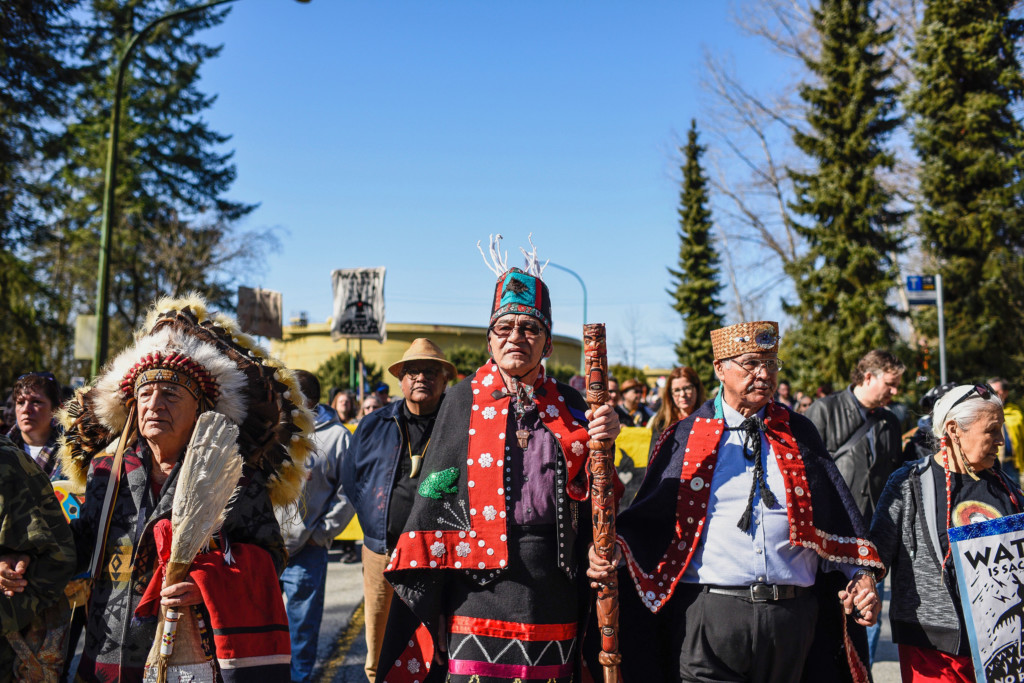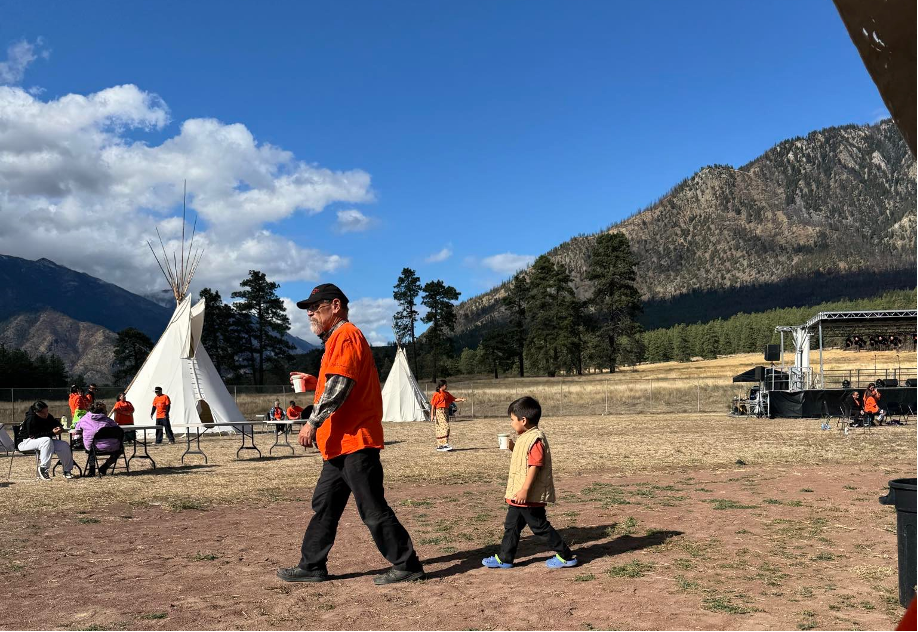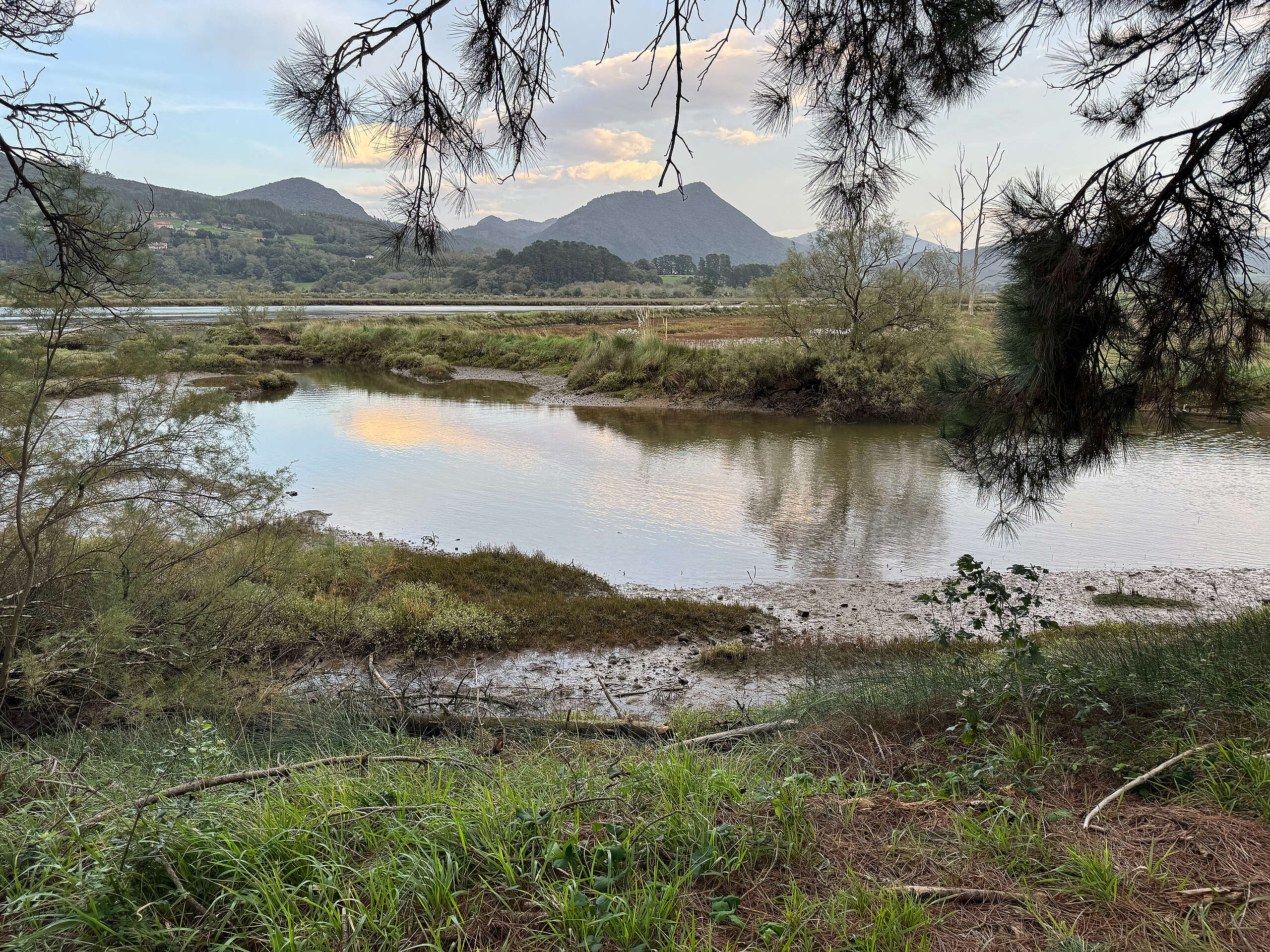
FOR IMMEDIATE RELEASE
15 January 2020
Federal and provincial support for the Coastal Gaslink Pipeline violates Indigenous rights and fuels the climate emergency by pouring more gas on a burning planet
Vancouver – Greenpeace Canada stands in solidarity with the Wet’suwet’en people, Unist’ot’en Camp and Gitdumt’en Checkpoint defending their lands and waters against the Coastal Gaslink Pipeline and other unwanted and dangerous pipeline projects.
The Coastal Gaslink Pipeline project is an unwelcome encroachment on Wet’suwet’en lands and lacks the consent of Wet’suwet’en hereditary chiefs, putting it in violation of the U.N. Declaration on the Rights of Indigenous Peoples (UNDRIP).
The Trudeau and Horgan governments have endorsed UNDRIP and committed to Indigenous reconciliation and climate action. Pushing this pipeline through Wet’suwet’en territory without consent is a clear violation of international human rights law. The U.N. and B.C.’s independent Human Rights Commissioner have voiced their alarm at this violation and the escalating threat of violence against Indigenous Peoples. Approving this new fossil fuel megaproject will also jeopardize provincial and federal climate plans by generating massive amounts of carbon pollution at a time when Canada is already failing to meet its emissions-reduction targets.
We call on the B.C. and federal governments to withdraw their police forces immediately, respect the recent recommendations of the U.N. Committee on the Elimination of Racial Discrimination, uphold their own UNDRIP and climate obligations and return to peaceful negotiations with Wet’suwet’en hereditary leadership.
For more information, please contact:
Loujain Kurdi, Communications Officer, Greenpeace Canada
[email protected]; +1 514-577-6657





Discussion
The Stellat’en First Nation, Saik’uz First Nation, Cheslatta Carrier Nation, McLeod Lake Indian Band, Saulteau First Nations, Kitselas First Nation, West Moberly First Nations, Lheidli T’enneh First Nation, Nadleh Whut’en Indian Band, Burns Lake Indian Band, Blueberry River First Nations, Halfway River First Nation, Doig River First Nation, Wet’suwet’en First Nation, Yekooche First Nation, Nee Tahi Buhn Indian Band, Skin Tyee First Nation, Witset First Nation, Nak’azdli Whut’en, Haisla Nation. all support the pipeline? They all have a direct stake in the pipeline and yet a A First Nations Professor at UNBC would deny 95% and support the less than 5%. I can only conclude he is simply anti energy if it comes from fossil fuels and not a supporter of aboriginals. To suggest that bands should have no say is a RED HERRING. Let me explain why, aboriginal groups or families have chiefs, also the chiefs are heads of houses, the houses all have family members who support the chiefs. Now elected bands are elected by way of votes from chiefs, from clans, from families because the same people that are aboriginals in a family clan are also the same people voting. If they are voting against what the chiefs want, then the chiefs are failing to admit they do not have the approval of their own family members, the numbers of votes prove that. So the denial by chiefs is the problem, they are in denial in regards to the wishes made by their own clan members.
Hi Keith, thank you for writing in. Band councils (such as those Coastal GasLink boasts have signed agreements) have control over reserve land which is only a small portion of Wet’suwet’en territory — and the majority of reserve land, the pipeline wouldn’t pass through. Band council authority comes from colonial law: the Indian Act. However, the vast majority of land in B.C. is unceded. This means it was never legally signed, ceded or given away to colonial powers. When it comes to the 22,000 square kilometres of unceded Wet’suwet’en land, the hereditary chiefs hold land title.Wet'suwet'en title is recognized by the Supreme Court. You can read more about untangling the issues here: https://ricochet.media/en/2904/untangling-the-rule-of-law-in-the-coastal-gaslink-pipeline-standoff
WE STAND WITH YOU, BRAVE WET'SUWET'EN! http://ecoreality.org/wiki/Statement_in_support_of_the_Wet%27suwet%27en
Protect First Nations rights, don’t sell them